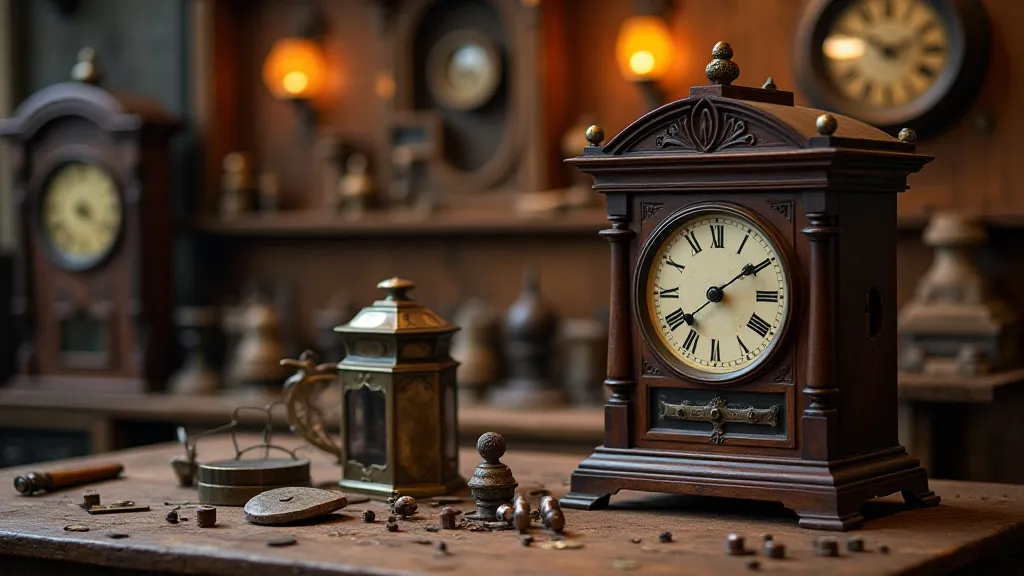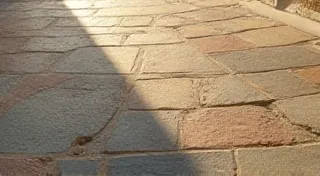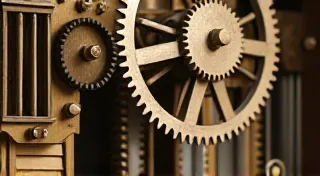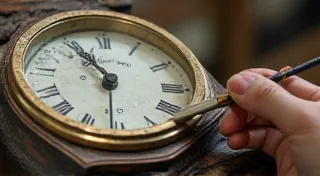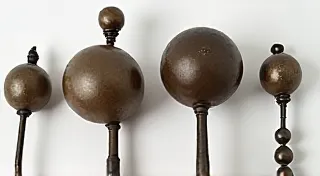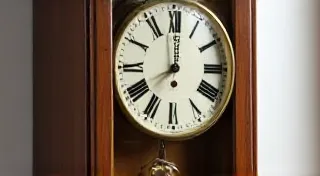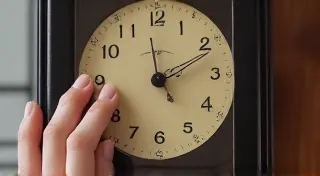Caring for Antique Clocks: Preservation Tips
Antique clocks are not just timekeeping devices; they’re pieces of history, often showcasing exquisite craftsmanship and beautiful design. Owning one is a privilege, but it also comes with the responsibility of ensuring its long-term preservation. Neglect can lead to irreparable damage, while proper care can allow your antique clock to continue ticking for generations. This guide provides practical tips for maintaining the beauty and functionality of your valuable collectible clocks.
Understanding Your Clock's Needs
Before diving into cleaning or maintenance, it's crucial to understand your clock's type and construction. Different clock movements (e.g., pendulum, weight-driven, electric) and materials (wood, brass, enamel) require specific care. If you’re unsure of your clock’s mechanism or construction, consulting a professional clock repair specialist is always a wise first step. Knowing the origin and age can also provide clues to appropriate care techniques.
Cleaning: Gentle is Key
Dust is the biggest enemy of antique clocks. Regular dusting prevents the buildup of grime that can damage the finish. Use a soft, lint-free cloth – microfiber is ideal – to gently wipe down the clock’s case and dial. Avoid using water or any cleaning solutions unless specifically recommended by a professional. Water can damage the wood, finish, and potentially corrode metal components.
For more stubborn dirt, you can try using a very mild soap solution (a drop of dish soap in a cup of distilled water), but always test it on an inconspicuous area first. Use a damp cloth (not soaking wet!) and immediately dry with a clean, soft cloth. Never use abrasive cleaners, scouring pads, or steel wool, as these will scratch and damage the surface.
The movement itself should generally be left to a professional. Attempting to clean the movement without the proper knowledge and tools can cause serious damage.
Image 1:
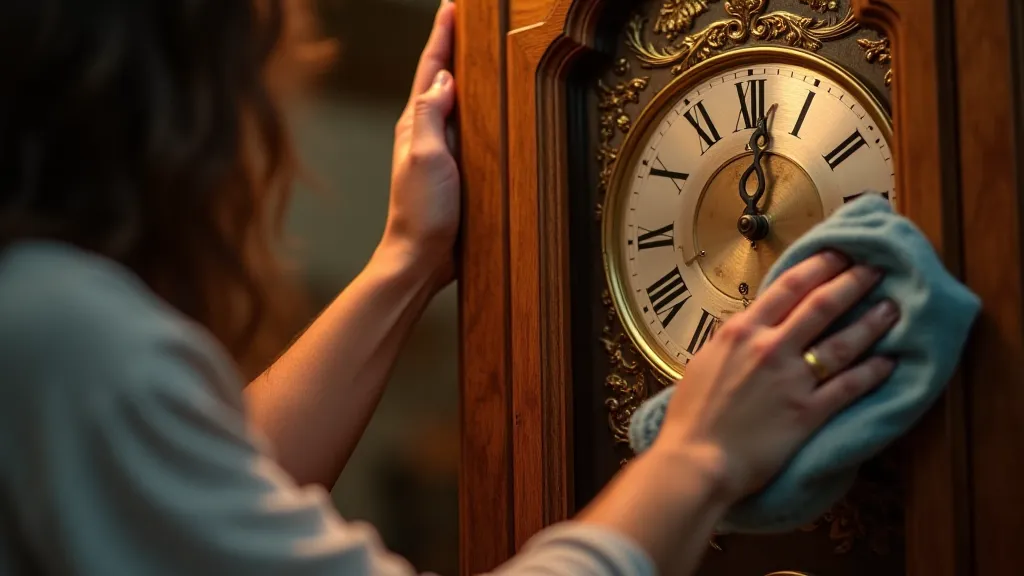
Storage and Environment
The environment your clock is kept in significantly impacts its longevity. Avoid direct sunlight, which can fade finishes and dry out wood. Temperature and humidity fluctuations are also harmful; aim for a stable environment. Excessive humidity can cause rust and corrosion, while low humidity can dry out wood and cause cracking.
If you need to store your clock for an extended period, ensure it's in a clean, dry, and temperature-controlled environment. Protect the clock from dust and pests by covering it with a breathable cloth or storing it in a protective case.
Maintenance: Regular Checks and Professional Servicing
Regularly inspect your clock for any signs of problems, such as unusual noises, erratic timekeeping, or loose components. A few simple checks can prevent minor issues from escalating into major repairs.
Weight-driven clocks require periodic winding and occasional adjustment of the pendulum. Spring-driven clocks require careful winding to avoid overstressing the mainspring. Always follow the manufacturer's instructions for winding and setting the time.
Professional servicing is crucial for maintaining the health of your antique clock. A qualified clock repair specialist can lubricate the movement, adjust the escapement, and replace worn parts. The frequency of servicing depends on the clock's condition and usage, but generally, a professional check-up every 5-10 years is recommended.
Image 2:
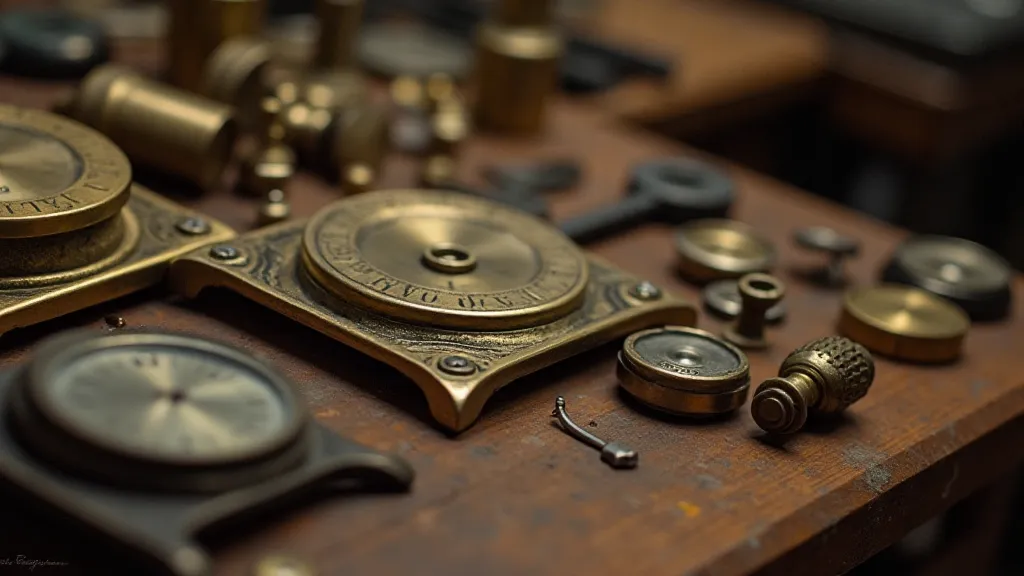
Specific Considerations for Different Clock Types
- Grandfather Clocks: Pay close attention to the weights and chains/cables. Ensure they move freely and are properly balanced.
- Mantel Clocks: Be especially careful when handling mantel clocks, as they are often more delicate.
- Electric Clocks: Inspect the wiring and contacts for corrosion or damage. Consider replacing old batteries with modern, long-life batteries.
- Cuckoo Clocks: Clean the bellows gently and ensure the cuckoo mechanism functions properly.
Seeking Professional Help
While some basic maintenance can be done by the owner, remember that antique clocks are complex machines. If you’re unsure about any aspect of clock care, it's always best to seek the advice of a professional clock repair specialist. They have the expertise and tools to diagnose and repair problems safely and effectively.
Investing in professional care will not only preserve the beauty and functionality of your antique clock but also maintain its value for years to come.
Image 2:
